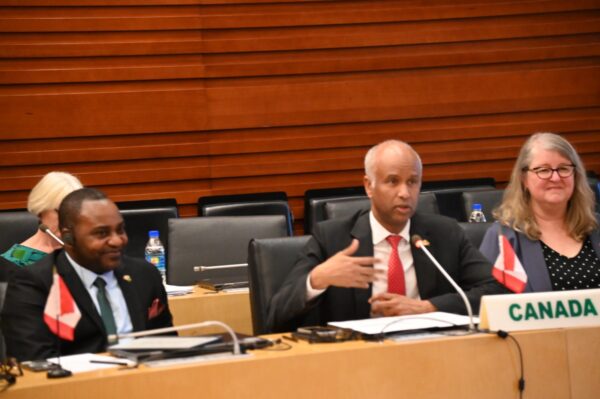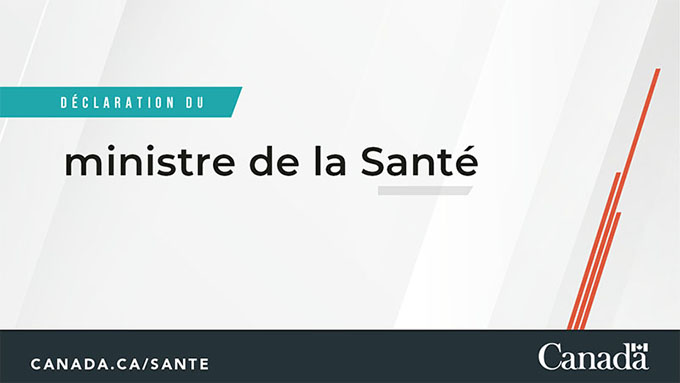Poor air quality warnings continued Wednesday for much of British Columbia and the Prairie provinces, where dozens of wildfires are raging.
In Alberta, more than 11,900 people were evacuated from their homes as of Tuesday night as 91 wildfires burned across the province, 27 of which were classified as out of control. People who had to be evacuated from the Drayton Valley region, 145 km southwest of Edmonton, two weeks ago have now been allowed to return to their homes.
About 2,500 people are battling wildfires in Alberta, including 300 military personnel.
Slight improvement in British Columbia
The evacuation alert was lifted Wednesday at Fort St. John in northeastern British Columbia, which is normally home to about 21,000 people. However, evacuation orders are still pending for 1,360 objects in the area.
A change in wind direction helped firefighters work through the night. They managed to prevent two runaway wildfires from approaching the town. The British Columbia Forest Fire Protection Service feared warmer conditions and a change in wind direction.
Service Information Officer Hannah Swift noted that the Stoddart Creek Fire threatening Fort St. John is now estimated at 215 km², compared to the previous estimate of 235 km² formulated Tuesday.
Winds there turned from the north to a more easterly direction, according to Environment Canada, pushing both the Stoddart Creek Fire and the smaller Red Creek Fire away from the towns.
In the Northwest Territories, the indigenous community of K’atl’odeeche and the town of Hay River, about 120 km from the Alberta border, are still under evacuation orders.
There were also 27 active wildfires in Saskatchewan as of Tuesday night.
smoke blanket
Smoke from wildfires is expected to continue spreading across western Canada in the coming days, causing poor air quality and public health risks.
In a special air quality alert, Environment Canada and British Columbia’s Department of the Environment warn that several communities in the central province are likely to experience worsening air quality over the next two days. The statement said the smoke was already widespread in the southeastern province up to the Rocky Mountains.
Smoke from wildfires is hazardous to health even at low concentrations, authorities remind, while vulnerable populations (children, the elderly and those with lung diseases) are being urged to avoid intense outdoor activities.
The Metro Vancouver Regional District issued its own air quality warning on Monday, but dropped the warning on Tuesday, saying lower temperatures and favorable winds had improved the situation in the region’s northeast and Fraser River Valley.
Loan from Quebec sources
Quebec on Wednesday increased its aid to western provinces by sending two air tankers to Saskatchewan. The Society for the Protection of Forests from Fire said that two CL-415 aircraft and their crews departed in the morning to reach La Ronge.
As of May 6, support has already been sent to Alberta. About 52 Quebec forest firefighters are fighting the fires in that province.
To see in the video

Award-winning entrepreneur. Baconaholic. Food advocate. Wannabe beer maven. Twitter ninja.





